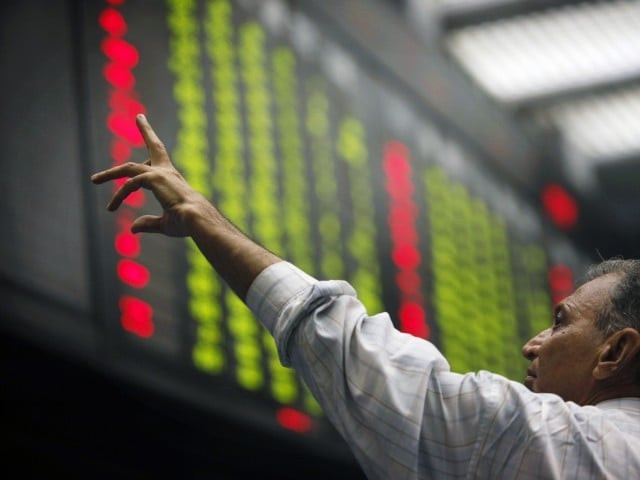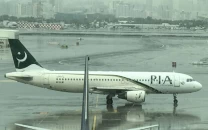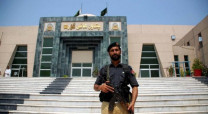Pakistan among riskiest countries for businesses
Political instability, terrorism and risk of natural disasters push Pakistan to 125th in list of 130 countries

A report lists Pakistan, Nepal, Ethiopia, Chad, Haiti and Venezuela as the riskiest countries to do business in. PHOTO: FILE
The report has been published by property insurance group FM Global based on data from the World Economic Forum, World Bank and the International Monetary Fund.
It lists Pakistan, Nepal, Ethiopia, Chad, Haiti and Venezuela as the riskiest countries, while Switzerland is the safest destination for business.
That reflects the fact that the Alpine country is “among the best in the world for its infrastructure and local suppliers, its political stability, control of corruption and economic productivity”, an FM Global press release states.
Pakistan ranks third on list of countries with worst reputation
Luxembourg took the second spot, having risen from eighth in 2013, partly as a result of its reduced reliance on oil for economic productivity and continued growth in the importance of its services sector.
FM Global also said that Luxembourg is “well-placed to benefit from financial institutions that may be seeking a new home, following the UK’s departure from the European Union.
Sweden, Austria, Germany and Belgium took third, fourth and fifth spot respectively, while the UK ranked 16th, lagging behind countries such as Australia, Belgium, Qatar, the Netherlands, Finland, Denmark and Norway.
China and the US were both subdivided into three regions for the ranking because of their vast geographical area and varying levels of exposure to natural disasters. US East ranked 10th, Central ranked 9th and West ranked 18th, while China Zone 1 ranked 68th, Zone 2 ranked 72nd and Zone 3 was ranked 66th.
Pakistan ranked fourth most unsafe country in the world
Pakistan ranked 125th, while the Carribean Island of Haiti, which was ravaged by Hurricane Matthew last year, was ranked last at 130.
Several Middle Eastern nations remain on the list of high-risk countries because of their vulnerability to cybercrime. The four countries ranking lowest in the index for inherent cyber risk were Saudi Arabia, ranked 56th out of 130 in the overall index, Bahrain, ranked 44th, United Arab Emirates, ranked 32nd, and Qatar, ranked 13th.
The study found that in general, countries ranking high in internet penetration and low in civil liberties were most at risk of succumbing to a cyber-attack, which in turn would place them further down the overall ranking.
The complete data can be explored on FM Global’s site as an interactive feature as well.
This article originally appeared in The Independent


















COMMENTS
Comments are moderated and generally will be posted if they are on-topic and not abusive.
For more information, please see our Comments FAQ